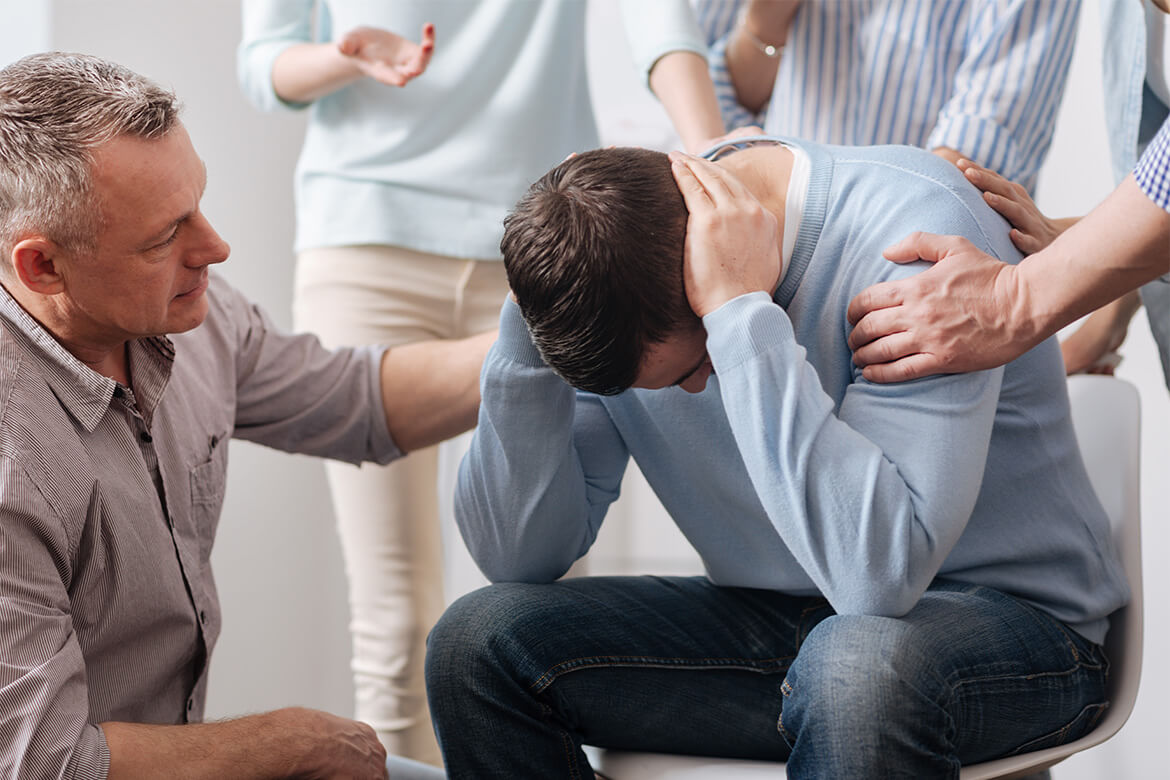
Bipolar Disorder Q&A
What Are the Types of Bipolar Disorder?
Did you know there is more than one type of bipolar disorder? Here are a few different types of bipolar disorder:
- Bipolar I Disorder: Individuals with bipolar 1 disorder experience manic episodes that last at least 7 days. Sometimes, severe manic symptoms may lead to the need for immediate hospital care. The depressive episodes may last up to two weeks.
- Bipolar II Disorder: This type of bipolar disorder is characterized by a pattern of depressive episodes and hypomanic episodes (not the same intensity of the manic episodes seen in bipolar 1 disorder)
- Cyclothymic Disorder: These symptoms do not meet the diagnostic requirements for a hypomanic episode and a depressive episode.
What Are the Signs and Symptoms of Bipolar Disorder?
In a manic episode, symptoms include:
- Feelings of being high or even elated
- Increased irritability
- Racing thoughts
- Increased activity levels (and decreased sleep)
- Increased chance of engaging in risky behaviors
On the other hand, symptoms during a depressive episode include:
- Feeling down or blue
- Increased need for sleep
- Slowed speech
- Difficulty making decisions or concentrating
- Feelings of hopelessness
According to the National Institute of Health, some individuals may even experience symptoms from both groups during the same episode.
How Many People Are Diagnosed with Bipolar Disorder?

There is no cure for bipolar disorder, but you can manage the condition and lead a healthy, productive life with the right treatment. Due to the seriousness of bipolar, staying diligent with treatment (including medication) is crucial. Bipolar disorder affects about 2.3 million Americans. Left untreated, suicide is the leading cause of premature death in individuals with bipolar.But the good news is that bipolar is treatable. The National Advisory Mental Health Council estimates that 80% of those diagnosed and receive treatment have a high success rate of treatment with reduced relapses and hospitalizations.
How Is Bipolar Treated?
Because bipolar disorder can profoundly impact your life, it’s essential to work with a compassionate and experienced provider who understands the complexities of this disorder. At Next Step 2 Mental Health, we know that living with bipolar can be challenging, but the right treatment can help.Treatments include:
- Medication
- Psychotherapy
- Therapy
In addition to the above treatments, it’s important to lead a healthy lifestyle with regular experience and a well-balanced meal. If you need help sticking with your treatment, let your provider know. It’s essential to continue with your medication, even if you’re feeling good.
If – at any time – you experience a mental health crisis, call 9-1-1.
If you or a loved one are experiencing any of the signs of Bipolar Disorder – or need help managing Bipolar Disorder — we can help you take your next steps. Call our office today at 502-339-2442, or book an appointment online.
Related Posts
How Spring and Daylight Savings Affects Hypomania
Bipolar disorder affects 4.4% of all adults at some point throughout their life,...
10 Signs of Hypomania
Individuals with bipolar 1 disorder may experience mania, while individuals...


